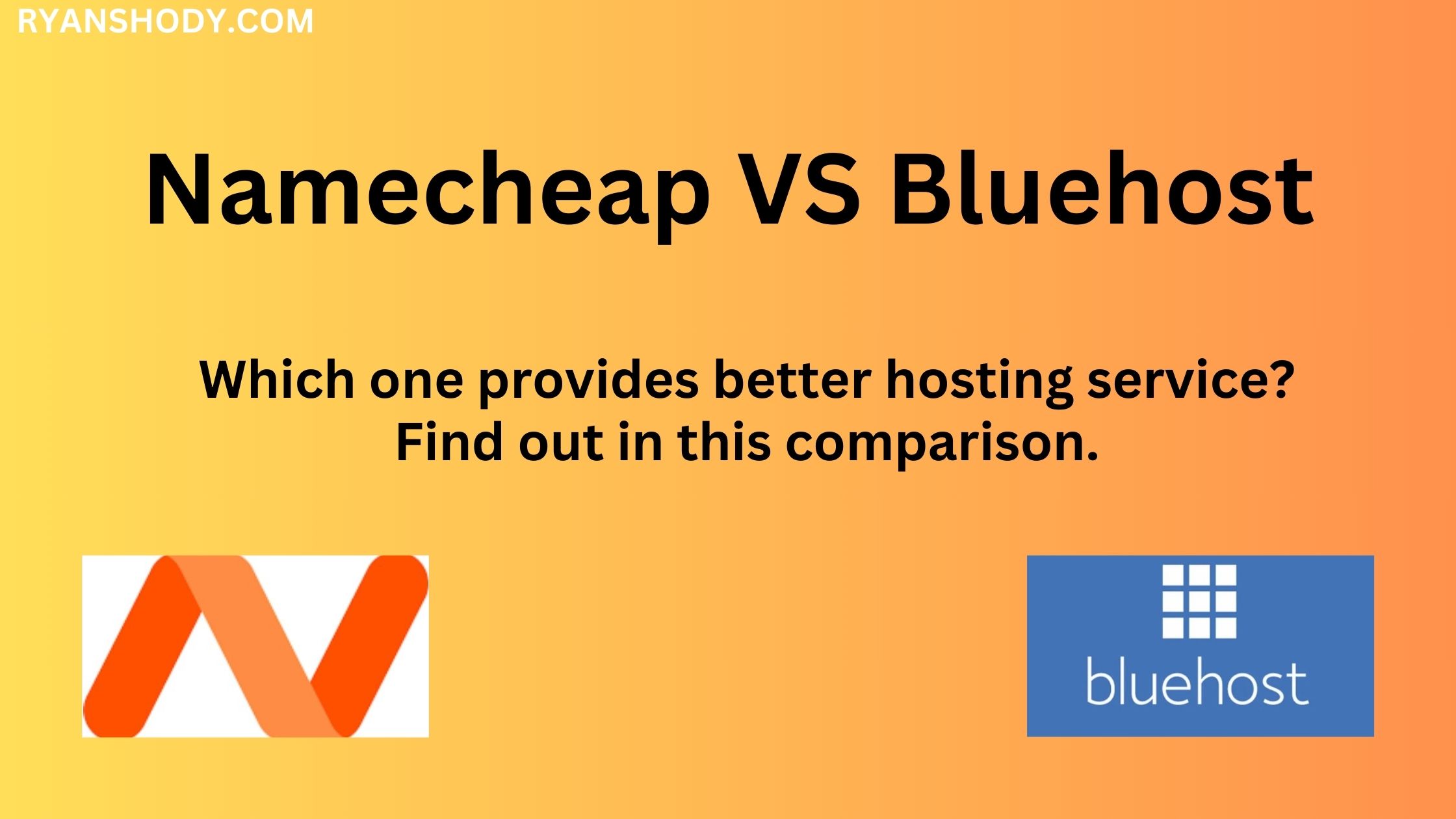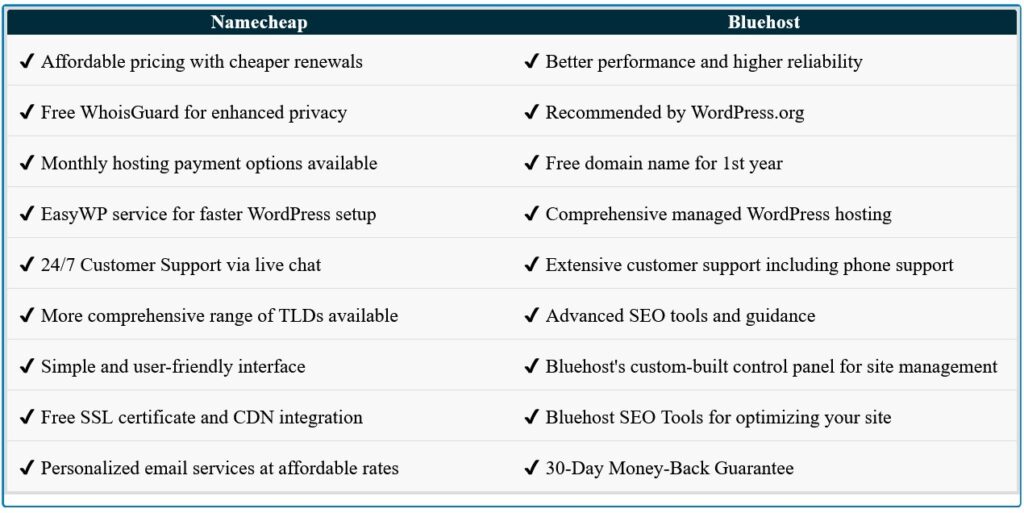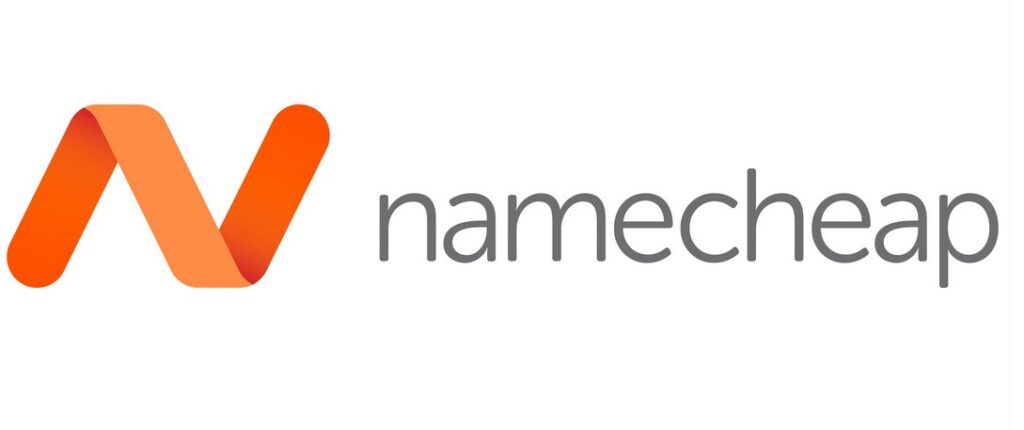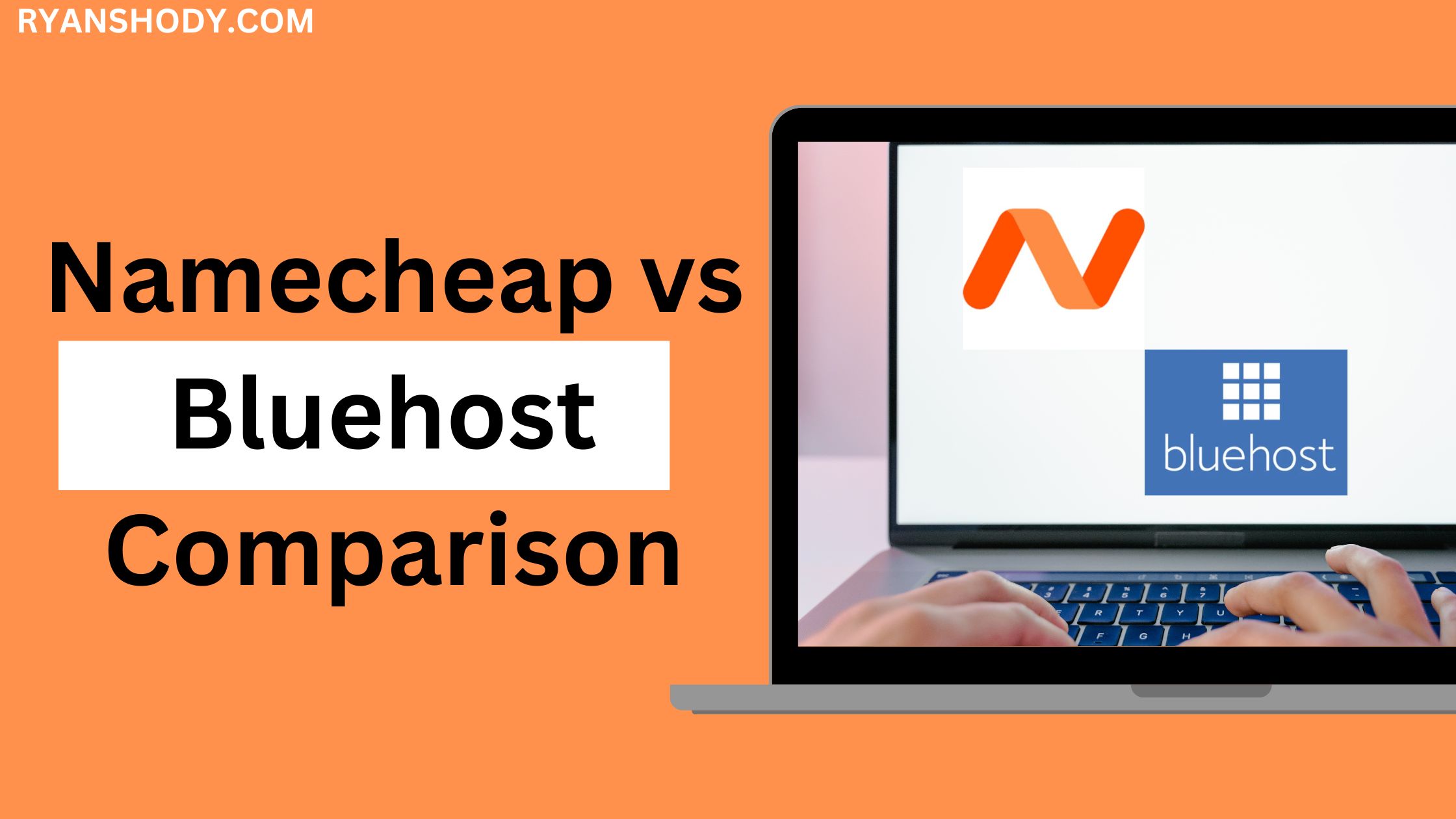In the 2025 comparison of Namecheap vs Bluehost, we’re examining these prominent hosting services to guide you in making a well-informed decision for your website’s foundation.
Namecheap, initially celebrated for domain registration, has branched out into diverse hosting solutions, posing a challenge to established providers like Bluehost. Known especially for its WordPress hosting prowess, Bluehost caters to a wide user base.

This review dives into their service models, pricing, usability, and support, crucial for anyone from bloggers to enterprise-level users. Our goal is to unravel which provider, Namecheap or Bluehost, truly stands out in the hosting market this year.
Quick Comparison (Namecheap vs Bluehost)
For readers seeking a swift summary of the Namecheap vs Bluehost 2025 comparison, Both hosting providers have their strengths, but your choice depends largely on your specific needs.
Namecheap offers more affordable pricing and is a great choice for those primarily concerned with cost or who are just starting out.
Bluehost, on the other hand, shines in its WordPress hosting capabilities and reliability, making it a preferred option for users seeking robust, WordPress-optimized hosting solutions. While Namecheap is excellent for budget-conscious users and beginners, Bluehost stands out for its performance and features, particularly for WordPress websites.

Features (Namecheap vs Bluehost)
When comparing Namecheap vs Bluehost, it’s essential to delve into the specific features that set them apart, ensuring potential customers can make an informed decision based on their unique needs.
Namecheap is widely recognized for its affordability, particularly appealing to those just entering the world of web hosting or domain registration. Offering a wide array of Top-Level Domains (TLDs) at competitive prices, it’s an attractive option for budget-conscious users.

Beyond domain services, Namecheap provides hosting solutions characterized by flexible monthly billing options, making it accessible for short-term projects or smaller websites. Their EasyWP service streamlines the process of setting up a WordPress site, offering speed and simplicity. Additionally, Namecheap includes free WhoisGuard with domain registrations, enhancing user privacy.
Bluehost, on the other hand, caters exceptionally well to WordPress users. It’s officially recommended by WordPress.org, largely due to its seamless integration and managed WordPress hosting services.

Bluehost’s performance, especially in terms of reliability and speed, is generally superior, making it a go-to for businesses that prioritize website uptime and loading speed. The hosting provider simplifies the user experience with a custom-built control panel and provides a range of advanced SEO tools to optimize your site’s visibility.
Their customer support is extensive, including phone support, which is a significant plus for users who prefer speaking to a representative for assistance.
Visuals play a crucial role in breaking up text, making the content more engaging, and providing a clearer understanding of the features discussed, particularly when comparing technical aspects of hosting services.
Personal Experience (Namecheap vs Bluehost)
As a user of both email marketing platforms, I can deduce that
Namecheap

Namecheap is particularly user-friendly, making it a favorite among beginners or those setting up a website for the first time. Its straightforward navigation and simple control panel are frequently praised, along with its responsive customer support.
Many appreciate the cost-effectiveness of Namecheap, especially for domain registration and the added value of privacy protection with WhoisGuard.
Bluehost

Bluehost in contrast, is frequently recognized for its reliability and speed – crucial factors for website performance. Its integration with WordPress and the added features like automated backups, and enhanced security measures are particularly beneficial for users looking to create or maintain a professional or business-oriented website.
Users often commend Bluehost for its scalability, offering plans that can grow with your site, from basic shared hosting to more advanced options like VPS and dedicated hosting.
Both platforms have their distinct advantages and choosing between them typically depends on the specific needs, technical skills, and long-term goals of the user.
Pricing Structure: Namecheap vs Bluehost
In the digital age, choosing the right hosting provider is crucial for establishing a strong online presence. The pricing structure is a significant factor in this decision. Let’s compare Namecheap vs Bluehost in terms of their pricing tiers, what each tier offers, and their transparency and clarity in pricing.
Namecheap Pricing Overview
Namecheap is renowned for its cost-effective hosting solutions. Its pricing structure is divided into several tiers, catering to a range of needs:

- Shared Hosting: Namecheap’s most affordable option, ideal for beginners and small websites. It typically includes a free domain, SSL certificate, and access to cPanel.

- Managed WordPress Hosting: Known as EasyWP, this tier offers quick WordPress setup, easy management, and is optimized for WordPress performance.

- VPS Hosting: Offering more power and flexibility, Namecheap’s VPS hosting is suitable for websites with higher traffic and those requiring more customization.

- Dedicated Servers: For the most demanding websites, offering full control, ultimate power, and higher security.

Bluehost Pricing Overview
Bluehost’s pricing tiers are slightly higher but offer additional features:
- Web Hosting: The resources you need to build the way you want. It’s the perfect solution to get online fast. Targeted at small to medium-sized websites, including a free domain for the first year, free CDN, and free SSL certificate.

- Online Store Hosting: Set your site up for success with the perfect mix of eCommerce tools, plugins, security and expert guidance.

- VPS Hosting: Provides increased power, flexibility, and performance, suitable for websites growing in traffic and complexity.

- Dedicated Hosting: The highest level of resource allocation, privacy, and control, with dedicated servers for top-tier performance.

Transparency and Clarity in Pricing
Both Namecheap vs Bluehost strive for transparency in their pricing. Namecheap is particularly straightforward, with no hidden costs. Renewal prices, which can be higher than the introductory prices, are clearly indicated.
Bluehost is also transparent about its pricing, but it’s important to note the promotional prices only apply for the initial term and will increase upon renewal. Additionally, Bluehost often bundles extra features like SEO tools or backup solutions, which can be unselected if not needed.
In summary, both Namecheap and Bluehost offer various pricing tiers to suit different needs and budgets. While Namecheap is generally more budget-friendly, Bluehost offers additional features that may justify the extra cost for some users. Understanding each provider’s pricing structure will help you make an informed decision in choosing the right host for your website.
Pros & Cons (Namecheap vs Bluehost)


Alternatives (Namecheap vs Bluehost)
When exploring web hosting options, comparing Namecheap vs Bluehost is common, but it’s also crucial to consider their alternatives. While Namecheap, known for its cost-effectiveness and robust domain name registration services, competes closely with services like HostGator and GoDaddy, Bluehost is often juxtaposed for its excellent WordPress integration and user-friendliness.
HostGator shines with its affordable hosting plans and strong support, whereas GoDaddy is notable for its extensive domain services. In contrast, Bluehost alternatives like SiteGround and DreamHost offer unique advantages:
SiteGround with exceptional customer support and optimized WordPress hosting, and DreamHost with a variety of hosting plans and reliable performance.
Deciding among Namecheap vs Bluehost and these alternatives depends on individual needs such as pricing, performance, and specific features. A comparative table or chart right here would visually articulate these differences, aiding in a more informed decision-making process.
[Other relevant categories] (Namecheap vs Bluehost)
Comparing Namecheap vs Bluehost:
Bluehost excels in performance, user-friendliness, customer support, and advanced features, especially for WordPress users.
Namecheap, while more budget-friendly, particularly for domain services, falls short in advanced features and support. The choice depends on specific needs: cost efficiency with Namecheap or comprehensive features with Bluehost.
Conclusion/Summary: Who is the winner? (Namecheap vs Bluehost)

In the comparison of Namecheap vs Bluehost, declaring a clear winner depends heavily on the user’s specific needs and priorities.
Bluehost emerges as the top choice for users seeking reliable performance, robust customer support, and enhanced features, particularly for WordPress websites. Its user-friendly interface and strong uptime make it ideal for beginners and seasoned webmasters aiming for a hassle-free hosting experience.
On the other hand, Namecheap stands out for those particularly sensitive to pricing or primarily focused on domain registration services. It offers affordability and solid basic hosting capabilities, making it a go-to for startups and individuals looking to establish an online presence without a hefty investment.
Ultimately, Bluehost is the better option for feature-rich, reliable hosting, while Namecheap is more suited for budget-conscious users who are looking for fundamental hosting services combined with competitive domain registration.




